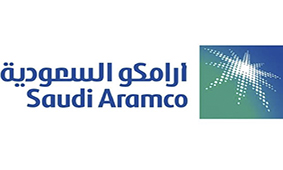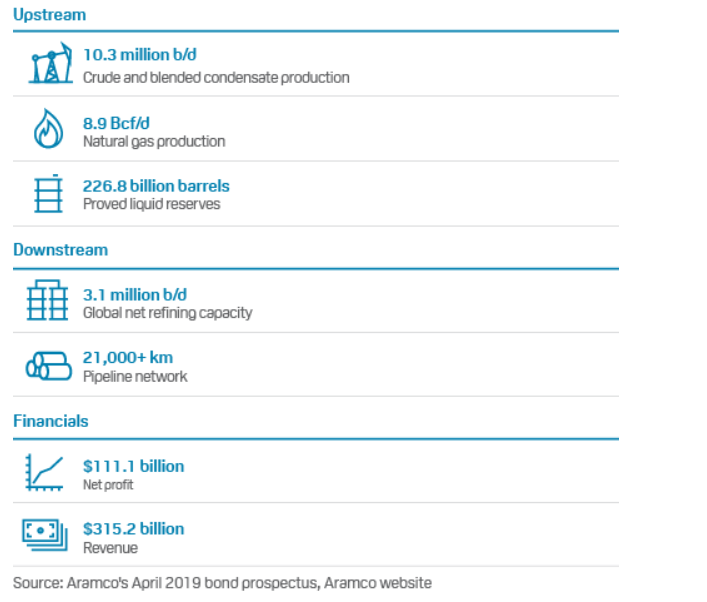
Saudi Aramco IPO is mission impossible

The kingdom had looked poised to list up to 2% of its shares on its domestic market within weeks. But the long-delayed partial privatization of the world’s largest state-owned oil company now faces another indefinite postponement after the devastating attacks last month on some of its most important facilities at Abqaiq and Khurais in the Eastern Province of Saudi Arabia.
Overnight, the attacks shut down 5.7 million barrels per day of Saudi Arabia’s oil production, roughly equivalent to 6% of global supply. A catastrophic spike in oil prices was only narrowly avoided because of the kingdom’s own emergency stockpiles, and its swift response in patching up the damage and restoring output in record time. But this has come at a high price to Aramco, which potential investors will want to see accounted for before paying any kind of premium for its shares in an IPO.

It is a level of detail which the normally secretive Aramco is probably uncomfortable to reveal. In August, Aramco for the first time gave potential investors a glimpse of its first-half earnings. Net income of almost $50 billion made it comfortably the world’s most profitable company. However, the cost of repairs at Abqaiq and the inconvenience caused by the attacks will be an ugly blemish on its otherwise pristine balance sheet.


Trump weighs using $2 billion in CHIPS Act funding for critical minerals

Codelco cuts 2025 copper forecast after El Teniente mine collapse

Electra converts debt, launches $30M raise to jumpstart stalled cobalt refinery

Barrick’s Reko Diq in line for $410M ADB backing

Abcourt readies Sleeping Giant mill to pour first gold since 2014

Nevada army depot to serve as base for first US strategic minerals stockpile

SQM boosts lithium supply plans as prices flick higher

Viridis unveils 200Mt initial reserve for Brazil rare earth project

Tailings could meet much of US critical mineral demand – study

Kyrgyzstan kicks off underground gold mining at Kumtor

Kyrgyzstan kicks off underground gold mining at Kumtor

KoBold Metals granted lithium exploration rights in Congo

Freeport Indonesia to wrap up Gresik plant repairs by early September

Energy Fuels soars on Vulcan Elements partnership

Northern Dynasty sticks to proposal in battle to lift Pebble mine veto

Giustra-backed mining firm teams up with informal miners in Colombia

Critical Metals signs agreement to supply rare earth to US government-funded facility

China extends rare earth controls to imported material

Galan Lithium proceeds with $13M financing for Argentina project

Kyrgyzstan kicks off underground gold mining at Kumtor

Freeport Indonesia to wrap up Gresik plant repairs by early September

Energy Fuels soars on Vulcan Elements partnership

Northern Dynasty sticks to proposal in battle to lift Pebble mine veto

Giustra-backed mining firm teams up with informal miners in Colombia

Critical Metals signs agreement to supply rare earth to US government-funded facility

China extends rare earth controls to imported material

Galan Lithium proceeds with $13M financing for Argentina project

Silver price touches $39 as market weighs rate cut outlook

















